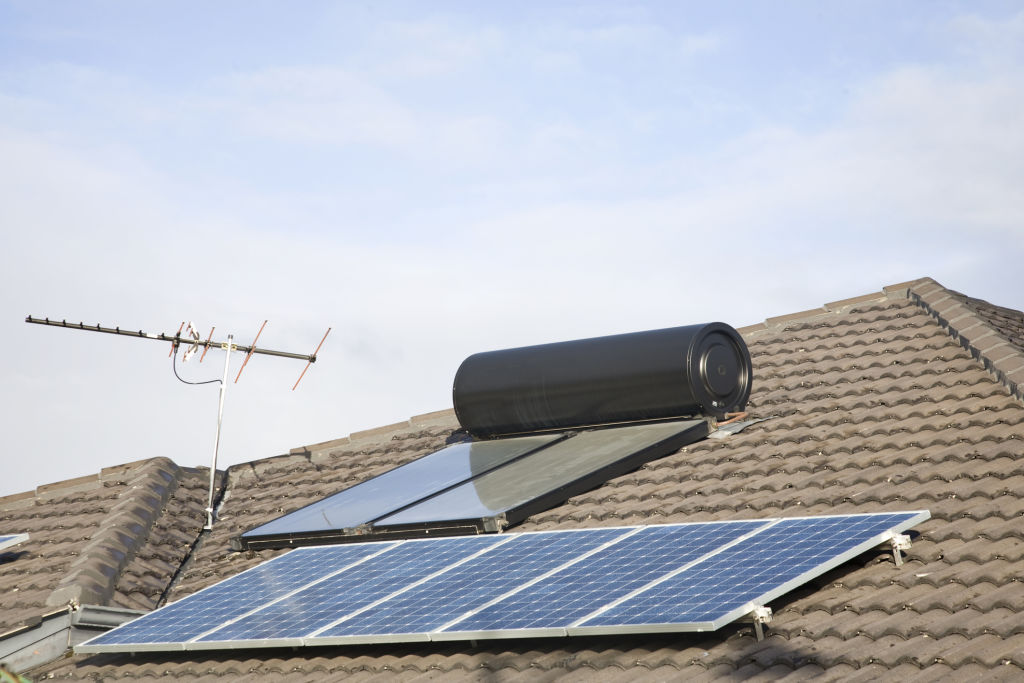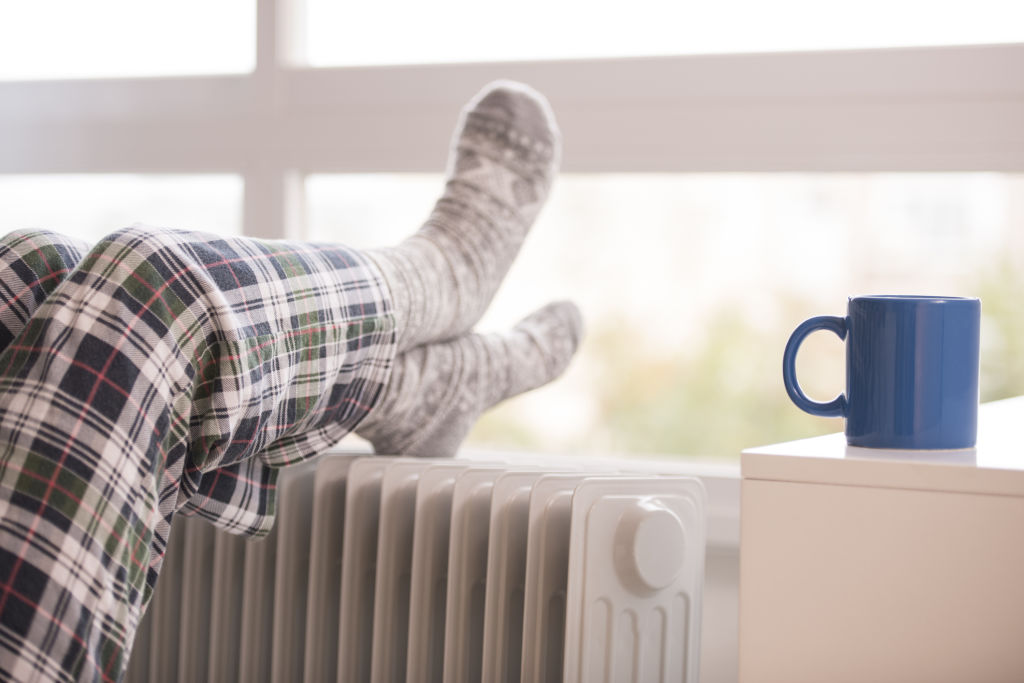How to reduce your biggest household expenses

More than a quarter of the Australian workforce is unemployed or underemployed, and many are searching for ways to trim the fat from household expenses.
But what do you do when you’ve already cut discretionary spending and are living close to the bone?
Reduce your mortgage repayments
If you’ve lost your job or had your hours cut, refinancing probably isn’t an option, says Natasha Janssens, a finance expert, broker, accountant and author of the Wonder Woman’s Guide to Money.
She recommends trying to negotiate a better rate with your lender, or locking in your interest rate. Keeping savings in an offset account reduces the interest payable while redirecting any savings made on bills towards the mortgage can further minimise payments.
Another option is to switch repayments to interest-only, or take a repayment holiday to help with cash flow. “You have to be paying your loan on time to be eligible, so reach out for help before you miss that repayment,” she warned.
Renegotiate your rent
Tenants in hardship can renegotiate the rent with their landlord, or request a deferral until their income improves.
For those considering looking for a better deal, it’s wise to shop around. Economists predict rental prices could fall as much as 10 per cent.
Moving to a less expensive area or downsizing into a smaller space can free up money in the weekly budget.
Alternatively, upsize and sub-lease rooms to reduce your rent. Screen potential flatmates well to avoid a financial disaster.
If you have a parking space you don’t use, rent it out.
Claim work from home costs
One drawback of working from home is that the power bill is on you.
The ATO has introduced a shortcut method of claiming work from home expenses between March 1, 2020 and June 30, 2020, Ms Janssens said. “You keep a log of hours worked and claim 0.80 cents an hour and that reimburses you.”
Under this method, the usual requirement to have a designated study has been waived.

Apply for a power rebate
The government has introduced a range of rebates, incentives and a payment assistance scheme for those experiencing energy bill stress. Check your eligibility here.
Failing that, request an extension of time to pay with your energy retailer.
Switch successfully
According to Dr Bruce Mountain, director of the Victoria Energy Policy Centre, Victoria University, most consumers who attempt to switch retailers for a cheaper energy price fail.
He attributes this to the complex nature of electricity contracts and the fact most price comparison sites funnel customers into retailers they get financial kickbacks from. Tactics that “bait” new customers with a cheaper deal then gradually increase the price are also common.
To get the cheapest deal on your electricity, you would need to switch several times a year, he said. Genuine, independent advice can be found on government sites such as Energy Made Easy.
Dr Mountains’ easy-to-use Beat Your Bill site provides the best competing offers across the nation based on an analysis of your uploaded bill.
Go solar and electric
The cheapest source of power production comes from wind and solar, he said. For those in Victoria, the Victorian government offers generous rebates on rooftop installations worth up to 50 per cent off.
Electricity is cheaper than gas, he says. And when your gas appliances like heaters and water heaters expire, replace them with energy-efficient, electrical ones.

Slash power consumption
The biggest suck of household power was usually keeping yourself cool in summer or warm in winter, followed by heating water, Dr Mountain said. The next biggest power drains are fridges, TVs older than five years, then computers, and hard-working appliances like hair dryers and kettles.
He said insulation, blocking draughts around doors and windows, shorter showers, switching off lights not in use and emptying your fridge of clutter could make a major difference.
The most cost-effective electric water heaters use a split system, Dr Mountain says, while gas systems can be boosted with solar heating.
Standby power can account for more than 10 per cent of household electricity use so switch appliances off at the wall if it is possible to do so.
And more tips to reduce power consumption can be found on the Australian government energy site.

Trim your home insurance
Shopping around can often get you a better deal, Ms Janssens says.
Chat to your provider– it’s a good time to review your insurance policy and make sure any facts that might get you a cut are up to date, she says.
Increasing your excess could significantly reduce your premium, she said, or bundle your policies and improve home security for more discounts.
We recommend
We thought you might like
States
Capital Cities
Capital Cities - Rentals
Popular Areas
Allhomes
More










